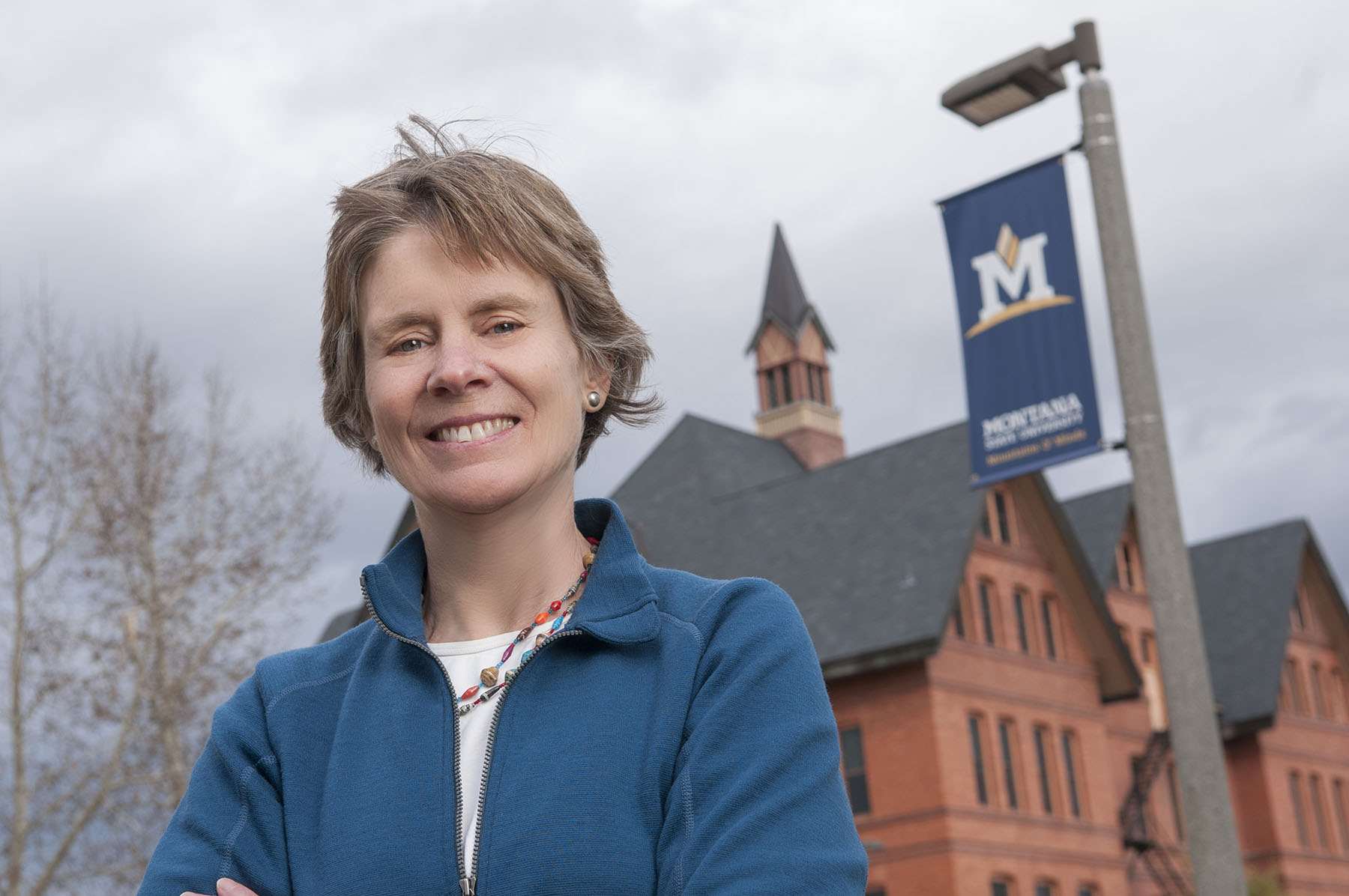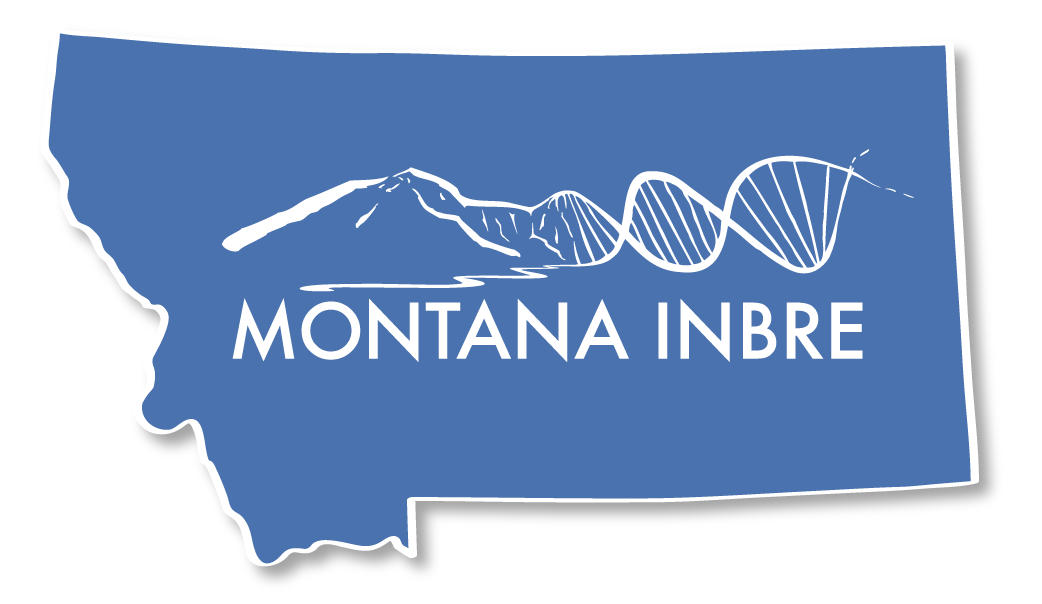Dr. Cathy Whitlock Presents Wildfires in Montana's Past and its Future
August 29, 2013
Baxter Ballroom, 105 West Main Street, Bozeman 6:00pm

Climate change and human activities are altering fire regimes around the world and especially in the western U.S. In the last 20 years, Montana has seen larger and more-severe fires than in recent history, raising scientific concerns about their cause and precedence. Two pictures are emerging: Studies of the past show that fires are a natural part of most ecosystems, but that current fire activity may be exceeding anything in the last 10,000 years. Future climate projections suggest that rising temperatures will continue to increase wildfire size and severity, posing ever greater risk for human health and safety and forest recovery. As we move into the next fire season, let's have a conversation about wildfire, what we know from the past, what we can expect in the future, and what we should do.
Dr. Cathy Whitlock is the MSU Director of the Montana Institute on Ecosystems and Professor of Earth Sciences. She is nationally and internationally recognized for her scholarly contributions and leadership activities in the field of past climatic and environmental change, and she has published over 140 reviewed journal articles and book chapters on this topic. Dr. Whitlock was recently named a Fellow of the American Association for the Advancement of Science (AAAS). This leading scientific organization advances science around the world and across all disciplines. Her current research sites extend from Yellowstone and the western U.S. to New Zealand, Tasmania, and Patagonia. Since her arrival at MSU in 2004, Cathy has built a successful research and teaching program, and the MSU Paleoecology Lab supports post-docs, graduate students, and undergraduates and visiting scientists from around the world. Her research has been funded by grants from the National Science Foundation, Joint Fire Sciences Program, National Park Service, Department of Energy, USDA Forest Service, and US Geological Survey. She is past President of the American Quaternary Association and serves on national and international advisory committees concerned with climate change.
The Café Scientifique was co-sponsored by Montana INBRE and Montana State University COBRE programs.


